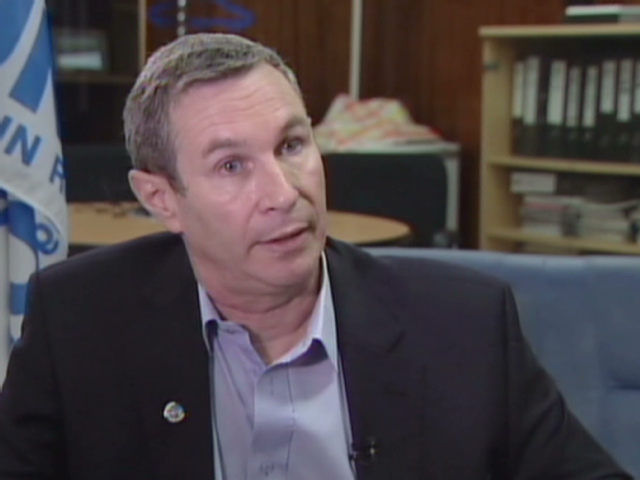 (CNN) -- An influx of people returning home to vote in Southern Sudan is straining communities suffering from lack of food and water in the remote region, aid groups said Wednesday.
(CNN) -- An influx of people returning home to vote in Southern Sudan is straining communities suffering from lack of food and water in the remote region, aid groups said Wednesday.
Hundreds of thousands have returned to the region since a 2005 peace agreement that ended a civil war between Sudan's north and south.
In the past three months, about 106,000 have returned from the north, the International Rescue Committee said in a statement.
The returnees are coming to a region already facing dire shortages of food, water, health care and sanitation, the International Rescue Committee said.
Nine of 10 people in the region live on less than $1 a day, and one in seven women who become pregnant die from complications, according to the United Nations.
The region is the size of Texas, but has only 30 miles of paved roads.
"We have an unfolding humanitarian crisis, layered on top of an existing and forsaken one," said Susan Purdin, the International Rescue Committee's director in Southern Sudan. "And then there's the potential for mass displacement, an upsurge in political and ethnic violence, and a larger-scale humanitarian emergency."
Most of the returnees have no money and are camping in makeshift centers, the aid group said.
"These regions are struggling to recover from the last war," Purdin said. "They lack basic services, food, infrastructure, and the means to protect their civilians, and have little capacity to absorb returnees or displaced populations given the already bleak conditions."
The returnees are also facing security threats; violence in the region has forced more than 220,000 from their homes in the past year, according to the International Rescue Committee.
Various aid agencies, including the United Nations, are putting up emergency plans to take care of the residents before and after the referendum, the International Rescue Committee said.
"Amid all the international debate about various scenarios and the referendum's outcome, there has been a stunning lack of attention to the current and long-term protection and humanitarian needs of vulnerable civilians," Purdin said.
Protecting civilians, especially women and girls, and funding the impoverished region remain top priorities, the International Rescue Committee said.
The fighting that raged from 1983 to 2005 pitted black Africans in the south who follow Christianity or traditional African religions against a northern government dominated by Arab Muslims. The conflict led to the deaths of 2 million people, many from starvation.
Both sides signed a peace deal in January 2005 that ended the civil war and gave the south autonomy. The referendum Sunday, which has sparked fears of renewed violence, is part of the peace agreement. It will determine whether Southern Sudan will become an independent state.



